All of us, at least once in our lives, whether it's for the flu or a specialist visit, have turned to a doctor for assistance. We described our symptoms and discomforts, and the doctor prescribed medications that often resolved the problem.
To provide us with optimal care, the doctor has:
- Assessed the clinical picture based on the problem we presented to them;
- Considered the latest clinical evidence related to our problem;
- Evaluated the options based on our health condition and physical examination;
- Utilized their experience and personal skills;
- Conducted the most up-to-date research regarding the treatment to implement;
- Implemented and integrated all the previous information and knowledge to provide the best possible care.
In prescribing the medication, the doctor combined their personal experience with the results and data from clinical studies. This approach is called evidence-based medicine.
Evidence-based medicine (EBM) is a clinical method designed to incorporate information derived from scientific research into patient care. Although the pioneer of this method was David L. Sackett, an American-Canadian physician, it was the Scottish epidemiologist and physician Archie Cochrane, with his famous text "Effectiveness and efficiency," who laid the foundations for the birth of this new concept.
Before the introduction of EBM, in traditional clinical practice, doctors made decisions and prescribed medications solely based on their professional experience, relying on aspects related to their level of expertise and the reliability of the sources they used.
According to the group of researchers who formulated its principles, EBM is "the conscientious, explicit, and judicious use of the best evidence," with "evidence" referring to the efficacy or safety data of the drug derived from clinical research.
Many people know or have learned over time that drugs, including vaccines, must undergo clinical investigation before being introduced to the market. Clinical investigation involves a study on humans aimed at discovering or verifying the effects of a new drug or an existing drug tested for new therapeutic uses, with the goal of determining its safety and/or clinical efficacy.
Similarly, not everyone knows that for medical devices, before being placed on the market or to remain on the market, evidence must be produced to support their safety and clinical performance. The collection of such data can be done through clinical investigation of the medical device, as well as through high-quality data collection systems such as registries, assessment of the state of the art, including evaluation of clinical data from similar devices, collection of post-market data derived from complaints, reports, incidents, as well as surveys, that is questionnaires designed to gather information regarding the performance and safety of a medical device that is already CE marked and available on the market, to be addressed and delivered directly to the user of the medical device or to distributors or healthcare professionals (physicians, pharmacists, etc.) who respectively facilitate or prescribe the use of the medical device.
